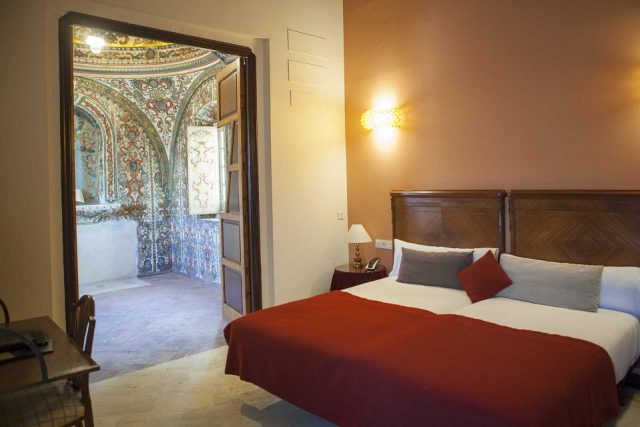Introduction: The regional government of Andalucía is on the verge of completing the processing of a decree that will regulate tourist accommodations (Viviendas de Uso Turístico or VUT). Anticipated for approval in January, this initiative aims to address the current regulatory vacuum and bring order to the expansion of tourist activities, which is placing strain on the housing market in city centre’s. Both hoteliers and residents eagerly await this regulation, marking the culmination of years of unsuccessful attempts by authorities to tackle the complex issue.
Local Initiatives and Legal Challenges: In response to the slow regulatory response from the regional government, cities like Sevilla and Cádiz took significant steps forward. However, the regional competition and economic regulation agency challenged these local initiatives. While the Andalucían High Court sided with the municipalities, changes in municipal government leadership prompted Sevilla and Cádiz to await the anticipated regional decree for more legal certainty.
Community Efforts Amid Regulatory Gaps: With no specific regulations in place, residential communities have explored existing legal tools to curb the impact of uncontrolled tourist activities on their buildings. A recent Supreme Court ruling identifies tourist rentals as an economic activity. This has opened a legal avenue for communities to resist vacation rentals, although the process is complex and requires unanimous agreement among property owners.
Challenges and Alternatives: The Council of Andalucían Property Administrators (CAFINCAS) warns of potential challenges arising from these legal decisions, creating a possible domino effect as communities seek to protect their properties from tourist pressure. However, the restrictive nature of economic activity statutes poses difficulties, as it impedes not only tourist rentals but also the establishment of professional offices, causing further complications.
An alternative lies within the Horizontal Property Law, enabling communities to set specific conditions for allowing a property to be used for tourist purposes. For instance, a community could mandate direct street access for tourist accommodations, limiting options to ground floors or commercial spaces. Implementing such conditions requires approval from three-fifths of property owners.
Call for Regulation: José Feria, President of CAFINCAS, emphasizes the urgent need for comprehensive regulation. He asserts that only through regulation can communities effectively address and resolve the problems caused by tourist accommodations, particularly in cities like Seville, Málaga, and Granada, where issues are already prevalent.
Upcoming Regulation: The proposed regulation by the regional government addresses three main aspects: empowering municipalities to declare ‘saturated zones’ in response to rental market tension, allowing community decisions on tourist accommodations (with the approval of three-fifths of owners), and establishing mandatory conditions for all tourist accommodations. These conditions include minimum space requirements, limits on occupants based on square footage, the provision of air conditioning, and even the installation of noise level meters.
Tourist Pressure and Housing Impact: A recent report by Exceltur reveals a significant increase in tourist pressure on Spanish cities over the past decade, primarily attributed to the “overwhelming and uncontrolled” growth of tourist accommodations. The report highlights a substantial rise in tourist bed capacity, with an 82% increase linked to the proliferation of tourist accommodations.
Reduced Rental Availability: Beyond tourism saturation, a detrimental impact is observed in the decreasing availability of rental housing for city residents. For instance, Seville’s Old Town district is now heavily saturated with tourist accommodations, comprising 61.2% of the entire residential area in Santa Cruz and varying percentages in other neighborhoods. Some areas report having more tourist accommodations than actual residents.
In conclusion, Andalucía’s imminent regulatory decree represents a crucial step towards managing the challenges posed by unregulated tourist accommodations. The multifaceted approach aims to strike a balance between tourism promotion and safeguarding the interests of local communities, with an emphasis on legal clarity and community consensus.









